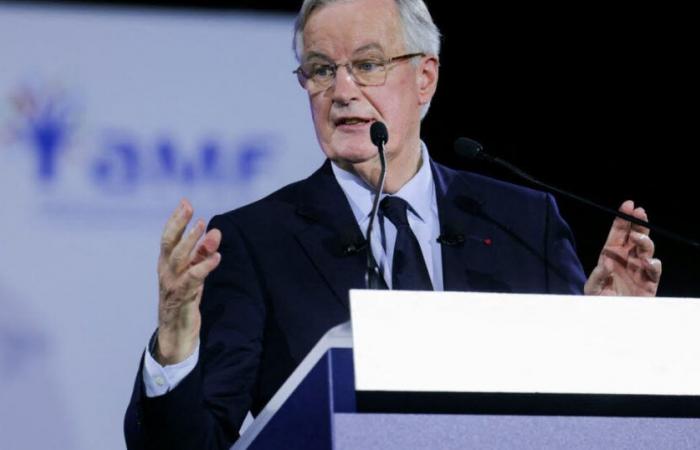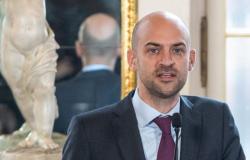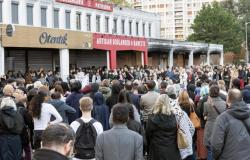“I did well to come, eh. » Michel Barnier did not have his best Thursday and by speaking to close the Congress of Mayors in Paris, he made it known. The mayors' speeches were acidic.
“I know your concerns,” replied the Prime Minister, “not shocked.” He worked to resolve tensions with mayors, by committing to giving them more freedom, by reducing standards through regulations. It's technical, but it's balm to the ears of mayors, as is the rework on the status of elected officials, much awaited, or a reflection on the return of the accumulation of mandates for small municipalities.
“Ready” for censorship
Michel Barnier knows that he cannot sign checks, and has stated his constraints: 3,228 billion euros in debt, or 870 euros annually for each French person just for the interest on the debt. “I don’t know how much time I have ahead of me. It depends on the coalition of opposites in the Assembly,” recalled Michel Barnier, incisively. On possible censorship from his government: “I don’t know when it will happen. I'm ready for it. But I know that this is not what the French want, who today want stability and serenity. » In passing, he flattered the local elected officials: “You give a good image of working together. I find myself dreaming that we would find this kind of atmosphere in the National Assembly. »
In a few words, the Prime Minister has played, as he has often done for two and a half months, on public opinion. The French, therefore, to compensate for its lack of majority in the Assembly and to respond to the discordant voices which are beginning to be heard in its government. Wednesday evening, in an interview with Parisianthe Minister of the Economy, the Macronist Antoine Armand, warned against “taxing too much”, in reference to the effort required of companies on social charges.
Combines vs general interest
An exit which was clearly a distancing from the Prime Minister and which was applauded by Gabriel Attal, boss of the Macronist deputies, as being “fair and responsible”.
Michel Barnier could not not respond. He did so, without raising his voice, by calling his audience to witness: “When you are loyal, you have a better chance of winning,” he said, carefully speaking. Then, with an air that is half overwhelmed and half sharp: “What is important for me is that the French know that beyond quarrels and petty schemes, there is the general interest, the interest of the country. » The mayors stood up to applaud him. Did they salute the drafter of a difficult budget or the Prime Minister who, like them, is crumbling under difficulties? The answer is probably in the question.






